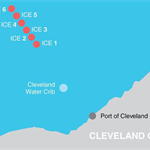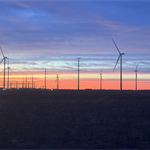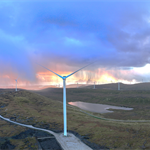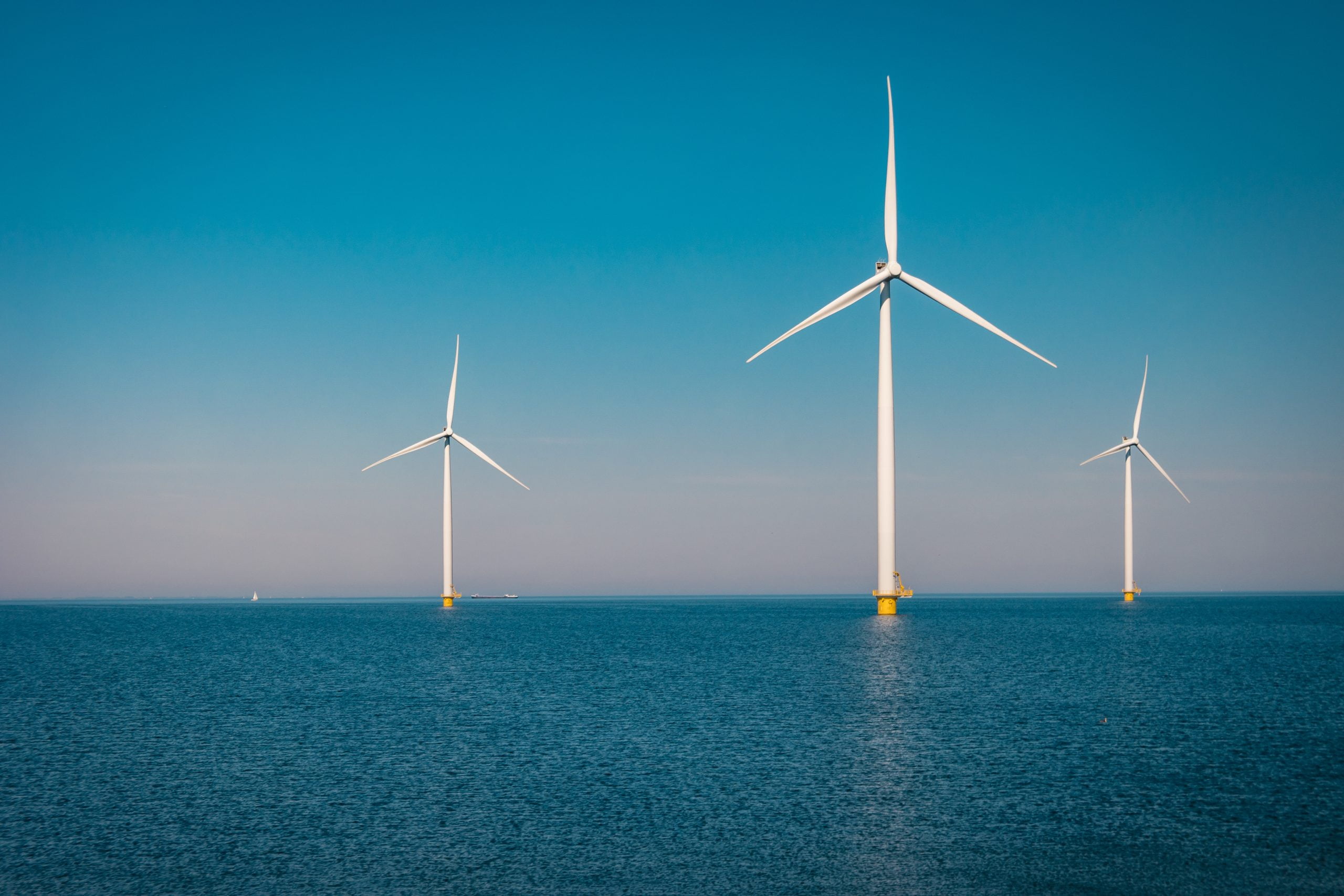US Supreme Court climate policy ruling ‘sentences planet to death’
Energy Disrupter

The US Supreme Court has set back the Biden administration’s ability to regulate climate-warming carbon in the power sector with a ruling in America’s most important court case on climate change in a decade.
In a six-to-three decision, the high court – which has a conservative majority – gutted the Environmental Protection Agency’s (EPA) ability to regulate carbon emissions across power plants such as by requiring utilities to close fossil fuel plants and move to wind power or other renewables.
In its majority opinion, the Supreme Court justices had said that only Congress should have the ability to issue sweeping carbon limits, not the EPA.
Democratic congressman Raúl Grijalva, who chairs the House Natural Resources Committee, said the Supreme Court has “sentenced our planet to death.”
The case is West Virginia vs EPA. West Virginia is a coal-producing state.
President Joe Biden has a goal of 100% clean electricity by 2035, and that may now be harder to achieve.
The ruling also makes a national cap-and-trade scheme -which would boost the adoption of wind power and other renewables – far harder to achieve.
American Clean Power Association (ACP) CEO Heather Zichal described the ruling as “disappointing.”
She said: “[ACP] is deeply disappointed that the Supreme Court has hamstrung the EPA’s power to reduce the country’s greenhouse gas emissions and help fight climate change. At a time when we can least afford it, this decision constrains the EPA’s ability to put meaningful limits on carbon from power plants – the nation’s largest industrial source of such pollution.”
Zichal continued: “The court’s constrained view of the Clean Air Act prevents the EPA from using what has long been recognised as the easiest, cheapest, and best way to reduce pollution in the power sector: switching from higher emitting plants to affordable, reliable clean power.”
The move highlights the need for passage of the build back better bill, which would extend clean-energy tax credits, and move the nation forward on the path to cutting emissions in half by 2030, she added. But the legislation is stalled in the US Senate with no clear way forward. The main hold-out has been senator Joe Manchin of West Virginia, who has significant financial interests in coal.
In its majority opinion, the Supreme Court justices had said that only Congress should have the ability to issue sweeping carbon limits, not the EPA.
During the court proceedings, a group including coal mining firms had argued that coal is necessary to keep electricity prices low and the grid reliable.
In actuality, Lazard Financial Advisory finds that wind and solar power are nowadays cheaper in the US than coal. In 2021, the levelized cost of onshore wind was $26-60/MWh whereas coal was $65-152/MWh, said Lazard.
















